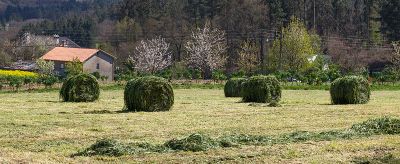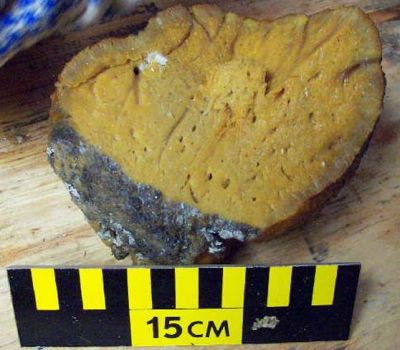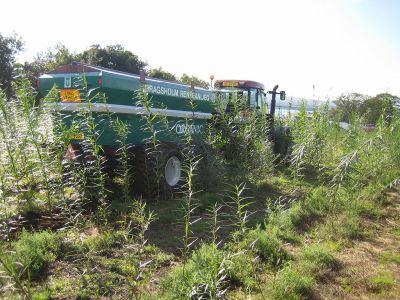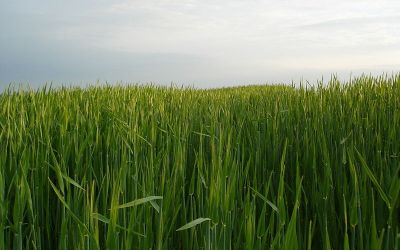
A multidisciplinary research consortium is taking inspiration from nature to convert agricultural waste biomass into useful industrial products using an environmentally friendly process.

Sponges seem an unlikely source for innovation, yet they may hold the key to new nanotechnologies, innovative optical devices and new ways of regrowing human bone and preventing bone disease. Difficult to believe? Not for Werner E.G. Müller. In the BIOSILICA project, he and his team are developing ways to adapt the complex processes that natural glassy sponges use to build their wondrous biosilica structures for use in biodegradable implants that would facilitate bone healing after surgery or fractures.

The use of biomass from plants as a renewable energy source is not new. Yet surprisingly, the net economic and environmental benefits of biomass energy exist only on paper. This is about to change thanks to an experimental tree plantation in East Flanders, where Professor Reinhart Ceulemans and his team are working to get the numbers needed for evidence-based decisions for future energy policies.

Almost 842 million people worldwide are chronically undernourished according to the Food and Agriculture Organization of the United Nations (FAO). The world faces huge challenges if it is to achieve food security for a global population predicted to reach 9 billion by 2050. With ERC help, Professor Malcolm Bennett of the UK’s University of Nottingham is trying to improve crop yields through better understanding of roots and the way they grow.



